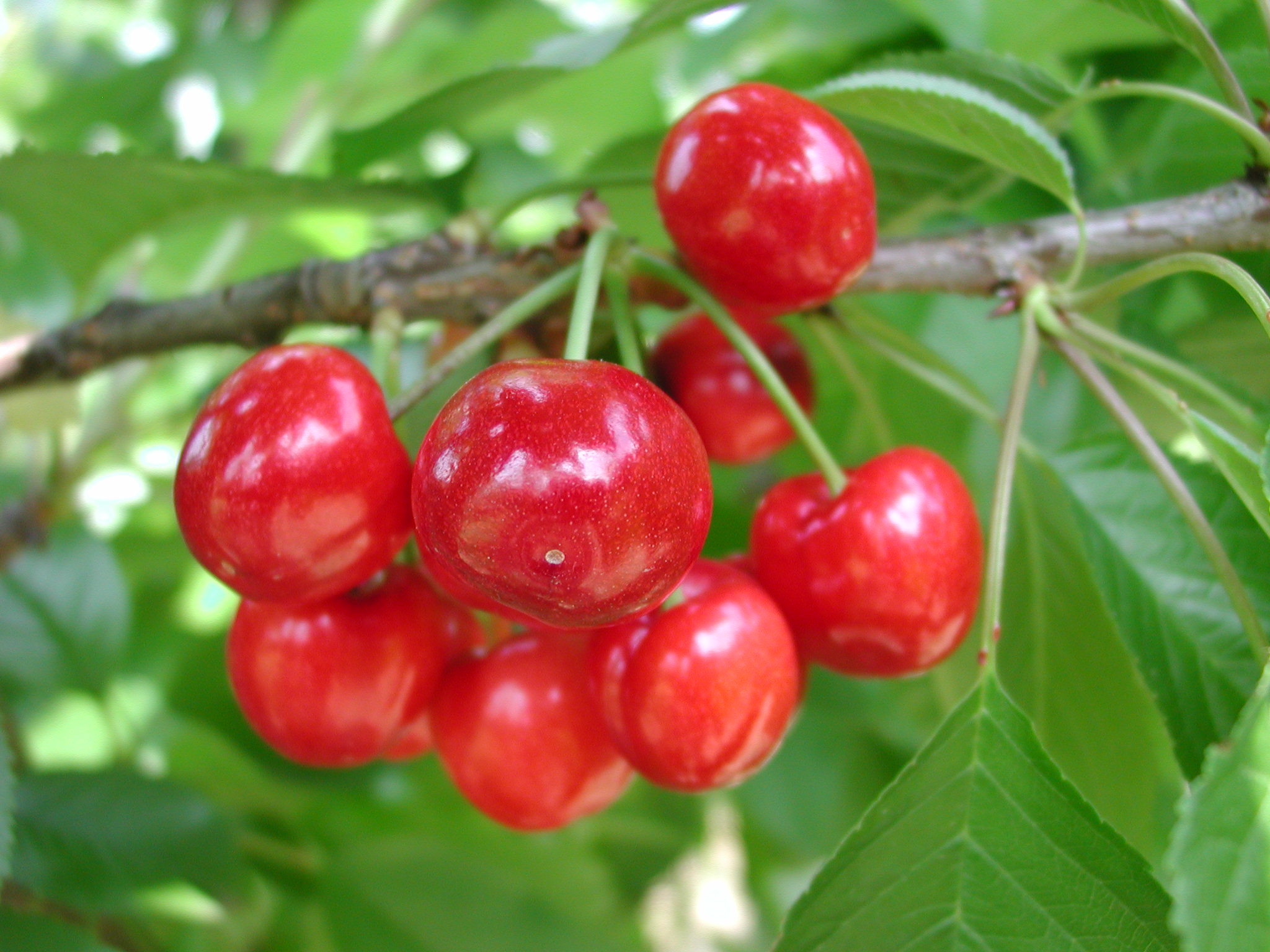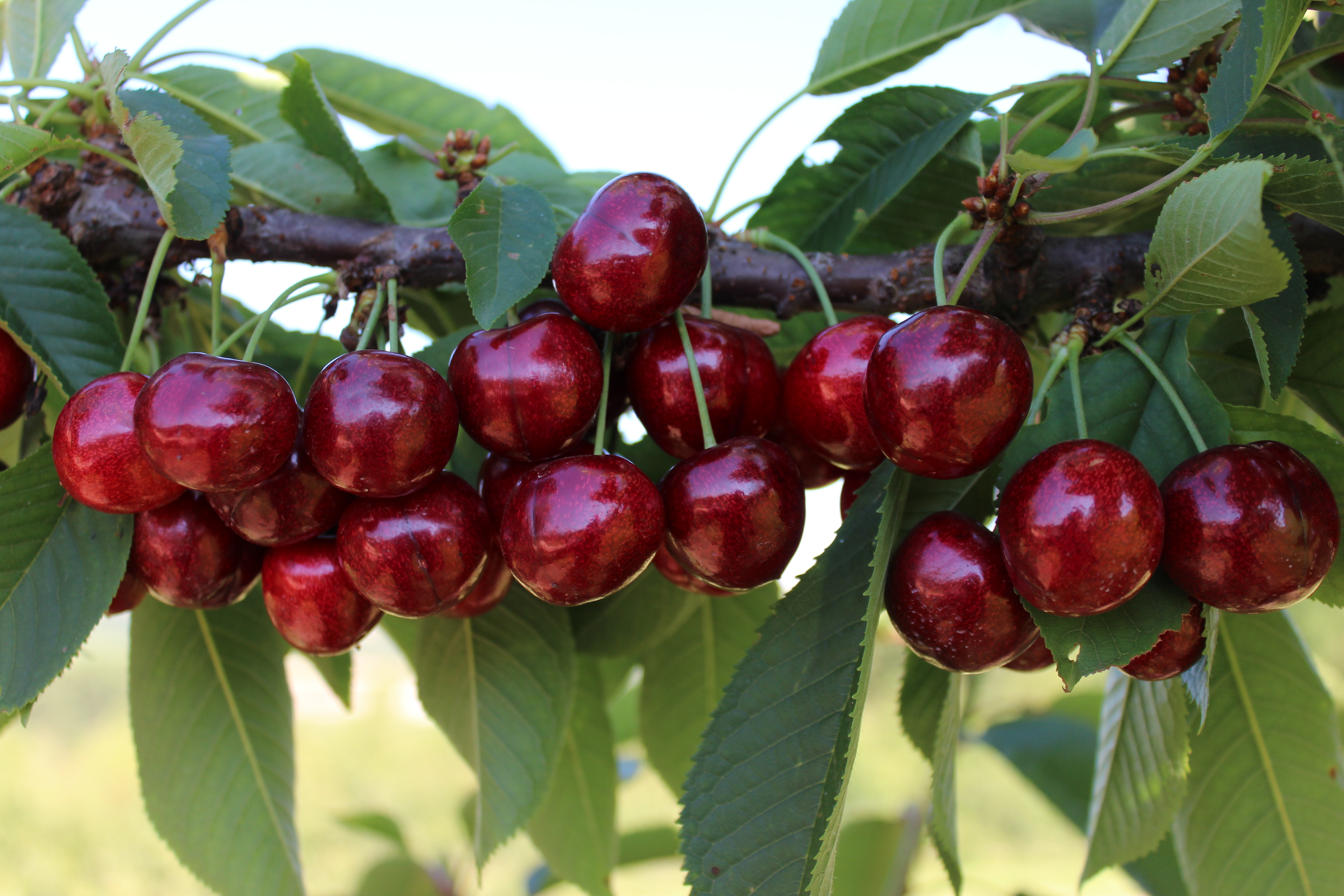As the "cherry spring" draws to a close, the first Cherry Day organized by the Alegra Group in Vignola (Modena) sent a clear message: the 2025 cherry season is one to remember. With 2,500 tons harvested and delivered fresh, without storage delays, the outcome speaks for itself: a success built more on care and innovation than luck.
Cooperation that makes the difference
“Right” is the word that connects the comments of two farmers in the cherry orchard, foreshadowing the speeches at the Castelfranco Emilia warehouse: 2,500 tons for Italy’s third favorite fruit. Alegra, with 3,800 members and over 400 hectares of production area, brings together various cooperatives—including Valfrutta and Brio (organic)—into an integrated model: from field to direct sale.
A model that was born almost a century ago, when 'our grandparents had already understood that uniting means doing the good of all', as president Pier Giorgio Lenzarini, a cherry farmer and figurehead of the cooperative, recalls.
Real costs and post-harvest labor
High prices—such as €23/kg, which have sparked debate—do not result from speculation, but from real costs. Harvesting, transporting, processing, packaging, and shipping require time, equipment, and specialized labor. Every step matters: “Cherries are among the fruits that require the most labor hours,” emphasizes Lenzarini.
Post-harvest: between quality and employment
Agrintesa’s general manager, Cristian Moretti, highlights a facility employing 300 people in shifts up to 10 p.m., plus numerous pickers, to handle 25–30,000 quintals of cherries. It’s a significant employment impact in Emilia-Romagna, where the Vignola PGI stands out in a national quality landscape that remains fragile.
Only dark, crunchy, and perfectly ripe cherries are selected, thanks to optimal timing and meticulous sorting: they’re not exportable due to their delicacy, but they excel in the local market.
Innovation and certified quality
The Alegra supply chain invests in protection: over 40% of cherry orchards are equipped with rain covers and anti-frost fans, to mitigate extreme weather events linked to climate change. From varietal research (large, dark, and resistant varieties) to sizing machines like Unitec’s Cherry Vision, imperfections are removed—including “false friends” damaged by Drosophila—only perfect fruit reaches consumers.
Certified quality and local strategies
The Vignola PGI Cherry Consortium, led by Walter Monari, emphasizes a deliberate focus on quality over volume: orchards planted in 1996, PGI status for 15 years, multifunctional coverings that have reduced insecticide use by 78%, improving both safety and sustainability.
In the warehouse: no overcrowded bins, only light crates, 2 °C washing, and sorting up to 900 quintals per day, for a production process that is intense and meticulous. It’s an industrial approach, but one that serves freshness and consumer experience.
Solidarity and future outlook
The Vignola Consortium cooperates with the Red Cross in more than 50 squares in Lazio for 'good and solidarity' offers. The Ripa di Sotto fields, 16 hectares of excellence, showcased how the supply chain—also thanks to shared paths with farmers from Piedmont and Calabria—represents an adaptable model. Faced with competition from Greece and Turkey, Alegra chooses quality and market positioning over volume—and the market rewards it.
Alegra’s experience in Vignola shows that even in an uncertain and competitive climate, PGI cherries can thrive by focusing on climate protection, varietal research, technological innovation, and regional cooperation. A forward-looking formula: a quality fruit that unites history and innovation, land and tradition, sustainability and value.
Source: myfruit.it
Image source: Agrintesa
Cherry Times - All rights reserved










